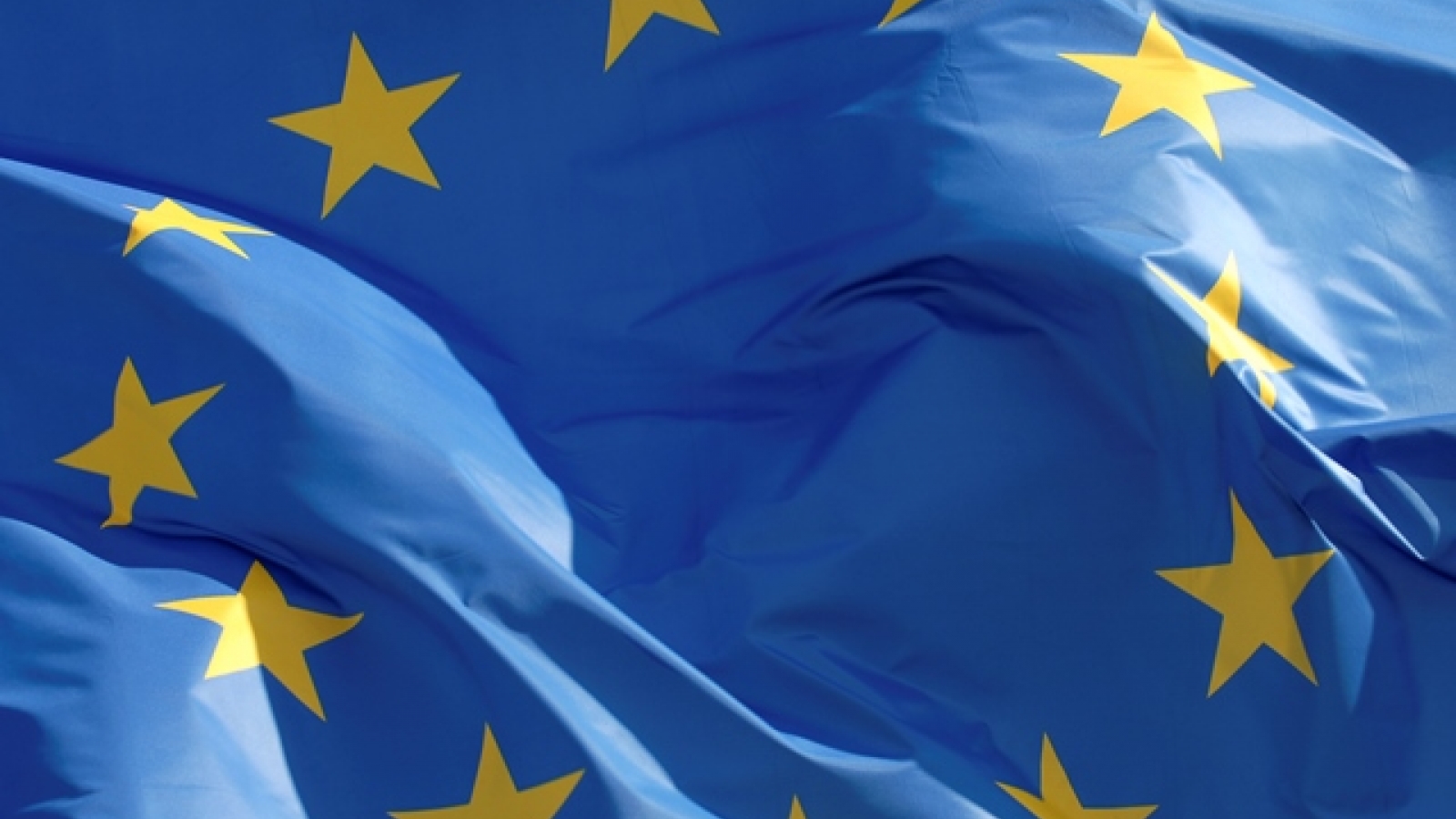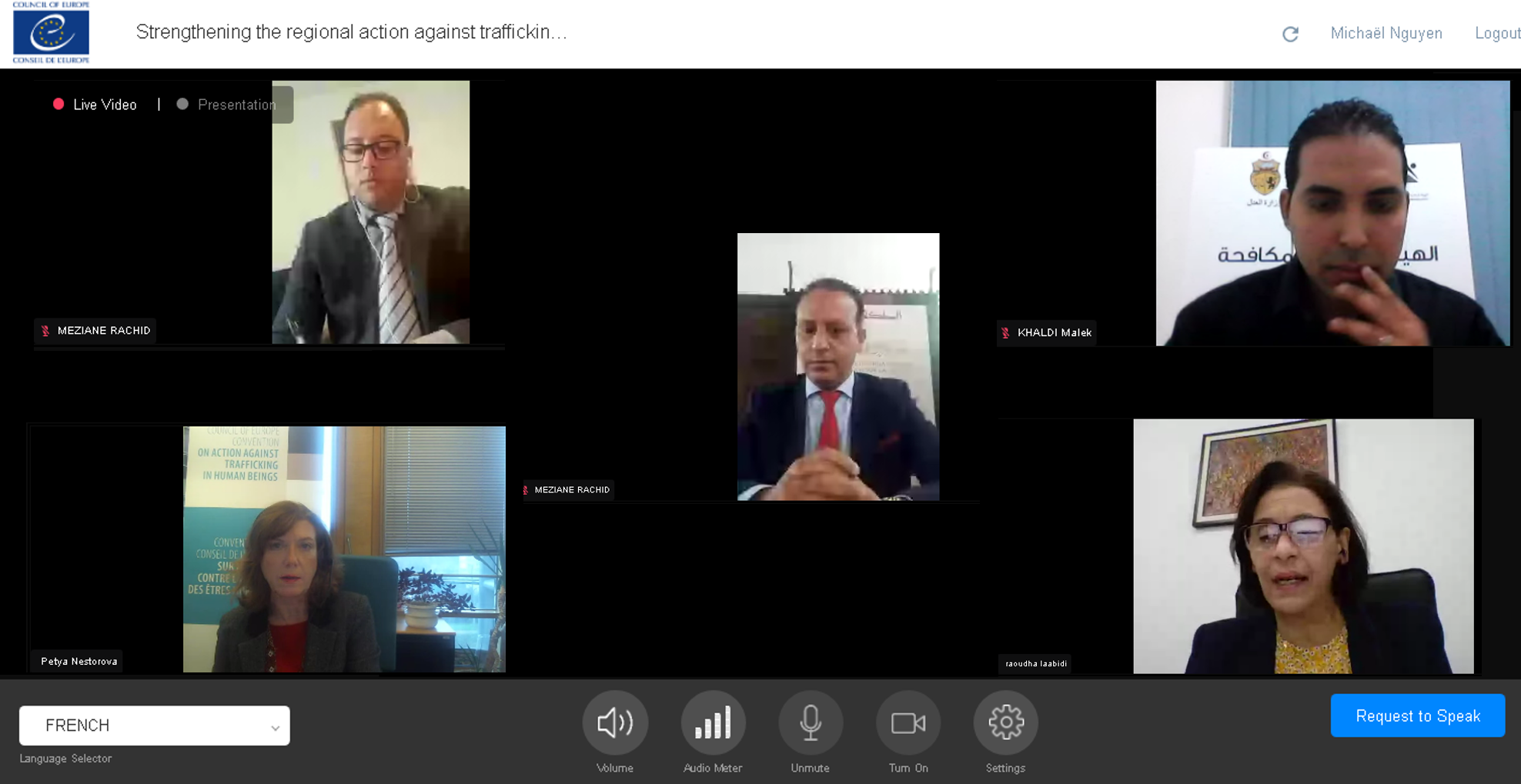A look back at the launch of “Tunisia 2024, Languages for Peace” (“JEL TUNIS 2024”), as part of the 2024 European Day of Languages.
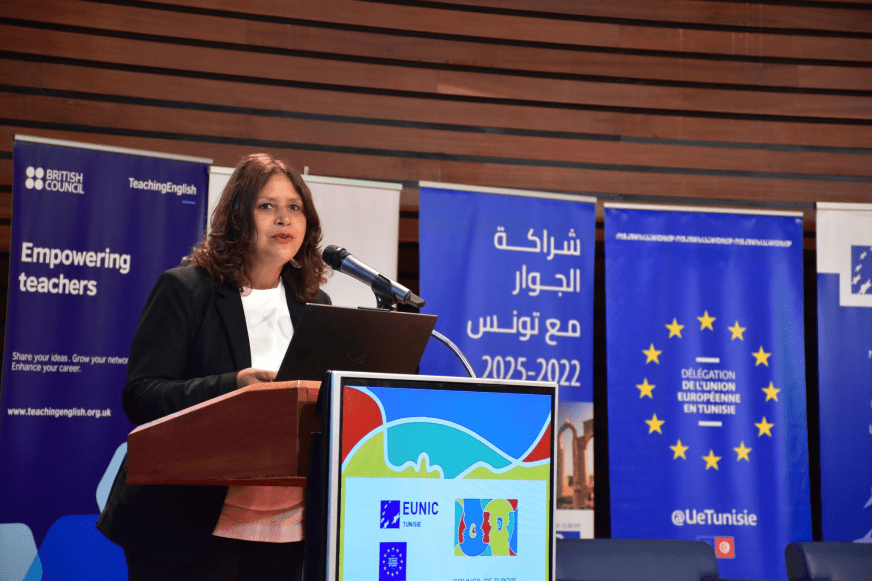
The celebrations kicked off on 26 September in the Tunis Science City in the presence of Mr Najib Ben Hmida, principal private secretary of the Tunisian Ministry of Education, numerous representatives from the diplomatic corps, representatives of the European Union Delegation to Tunisia, Mr Toni Pavloski, Deputy Head of Office of the Council of Europe in Tunis and Ms Rajae Essefiani, President of the Tunis Cluster of EUNIC (EU National Institutes for Culture) and General Delegate of Wallonia-Brussels in Tunisia.
The official opening was followed by an international seminar entitled “The Impact of Artificial Intelligence on Language Teaching.” Nearly 200 people attended the event.
The exciting discussions covered several key questions, such as how AI changes approaches to teaching, how to assess its added value, how to integrate AI tools into teacher training, how to raise students’ awareness of the importance of making effective use of these tools, and the impact of the new technologies on relations between teachers and students.
The JEL TUNIS 2024 initiative was sponsored by the European Union Delegation, the Council of Europe and the EUNIC network.
EUNIC, the Tunis Cluster of which is currently chaired by the Wallonia-Brussels (Belgium) Delegation in Tunisia, is the network of national cultural institutes and cultural departments of the embassies of European Union Member States.
The following members and associates of this network played an active part in organising the Days of Languages events:
-Cultural institutes: Cervantes Institute, Spain, Italian Cultural Institute, Italy, Goethe Institute, Germany, the French Institute of Tunisia, France and the British Council, U.K.
-Cultural departments of embassies: embassies of Austria, Czech Republic, Finland, Greece, the Netherlands, Poland, Portugal, Switzerland and Sweden.
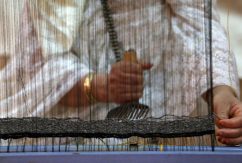
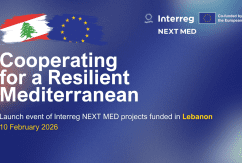

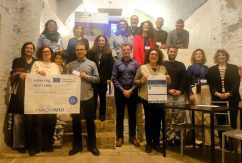

























 Syria
Syria 